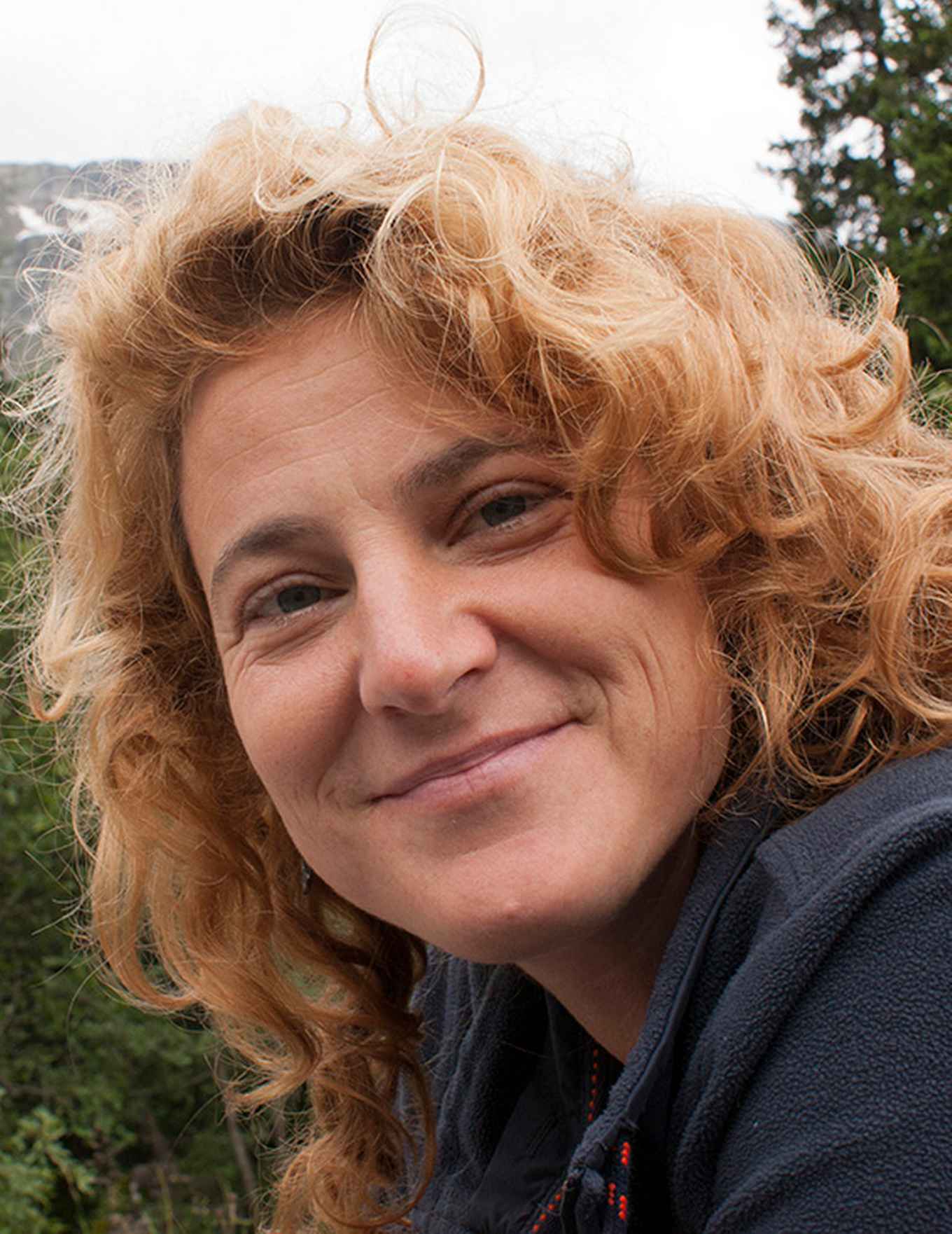Christa Testerink, professor of Plant Cell Biology
25 February 2016

The impact of cellular biology has increased significantly in recent years as a result of important developments in advanced microscopic techniques. In the Netherlands, this has specifically been the case in the field of biomedical oriented cell biology research. As professor of Plant Cell Biology, Christa Testerink will investigate the molecular and cellular basis of plant responses to stress. Key questions in this regard include: how are signal transduction cascades organised in the cell? And how do the latter lead to changes in plant development and stress tolerance?
Defence mechanism
In an earlier research project, Testerink discovered a new response by plant roots to salt stress, a process she subsequently coined as halotropism. She discovered that plant roots are able to detect high concentrations of salt on time and subsequently change their direction of growth, thereby avoiding this hazardous substance. This ground-breaking finding resulted from the line of research she established with the Veni and Vidi grants she received from the Netherlands Organisation for Scientific Research (NWO).
Breeding salt tolerant crops
As opposed to normal grown plants, salt stress plants show a different architecture. A number of recent studies on this subject suggest that relative changes in growth morphology are indeed important contributors to salt tolerance. Testerink believes these changes provide new leads for breeding salt tolerant crops and will aim to understand how changes in root architecture can reduce salt absorption. Her research on salt perception, signalling and tolerance of plants is of fundamental importance and, in addition, provides breeders with new insights into growing crops in saline soils.
Testerink is the founder and coordinator of the Amsterdam Green Life Sciences seminar series. Apart from lecturing at a Bachelor’s level in the field of genomics, biochemistry and cell biology, Testerink also lectures within the Master’s track Green Life Sciences. In addition, she is involved in educational projects for school pupils and teachers within the Green Environment theme of the Amsterdam Green Campus.
Testerink has worked at the UvA’s Swammerdam Institute for Life Sciences since 2000. In 2014 she was appointed associate professor of Plant Physiology. From 2009 to 2016, she was the project leader of a collaborative research consortium comprising the UvA, Vrije Universiteit Amsterdam and plant breeding company Enza Zaden within the STW ‘Learning from Nature to Protect Crops’ programme. She also coordinates the research theme ‘Metabolism and Adaptation’ of the Dutch Graduate School Experimental Plant Sciences. Testerink has published extensively in various international scientific journals, including Trends in Plant Science and Current Biology.